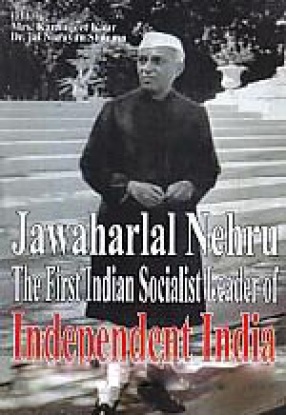
Jai Narain Sharma

Showing all 15 books
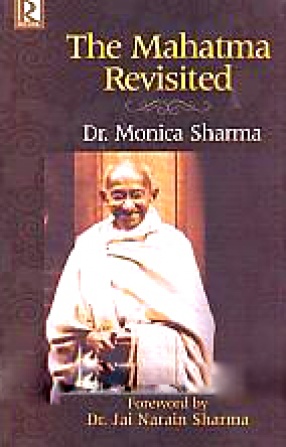
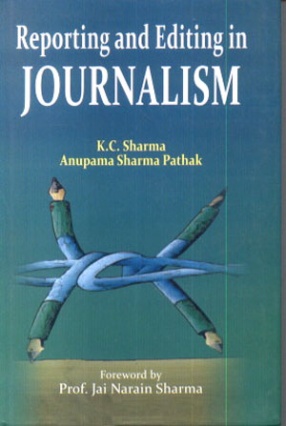
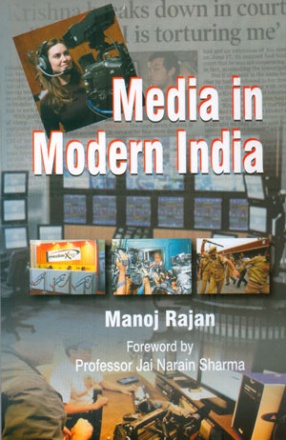
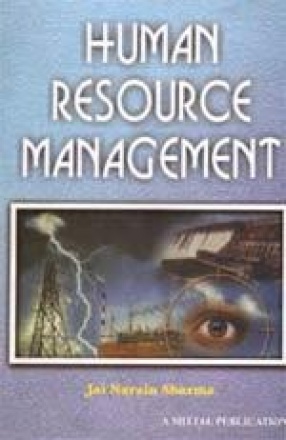
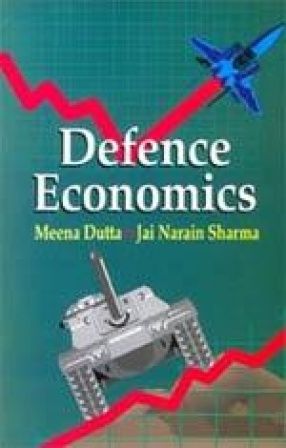


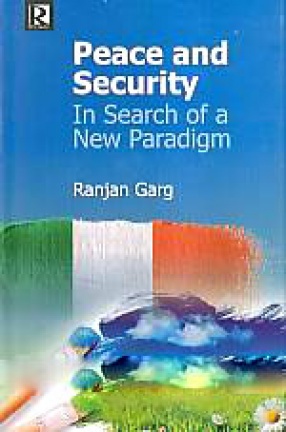
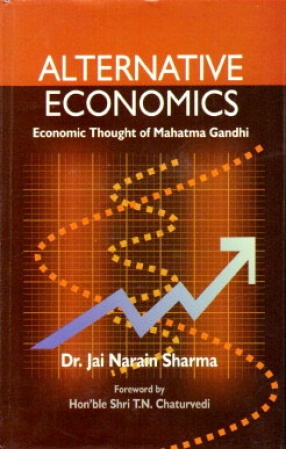
Mahatma Gandhi regarded economics as a moral science and laid tremendous emphasis on the ethical aspect of the problem. Economics that hurts the moral well-being of an individual or a nation and does not cater to the needs of the poor and down trodden is immoral and, therefore, sinful. Its goal is not pure material benefits but advancement of humanity on its road to progress. No one’s gain should be anybody’s loss, financial, physical, moral or ...

Ever since the author started teaching Journalism at Dayanand College of Communication and Management in 1997 one of the over sixty colleges owned by Bharatiya Vidya Bhavan affiliated to the Bhavans Rajendra Prasad Institute of Communication and Management Mumbai and during his participation in various occasional or sometimes regular participation at seminars conferences and in personality development programmes he realized the fluent communication apart there ...

This book on Media in Modern India is an excellent piece of research done on a topic of contemporary concern. This becomes all the more important in the light of the increasing role of media in bringing out the political and social changes in the society.The book evinces wide reading of both primary and secondary sources. The author has been meticulous in his presentation of facts. His lucid presentation and holistic understanding about media’s working and ...
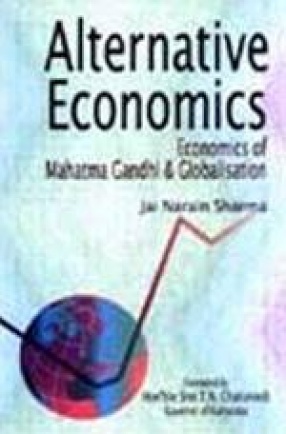
Mahatma Gandhi regarded Economics as a moral science and laid tremendous emphasis on the ethical aspect of the problem. Economics that hurts the moral well-being of an individual or a nation and does not cater to the needs of the poor and down trodden is immoral and, therefore, sinful. Its goal is not pure material benefits but advancement of humanity on its road to progress. No one’s gain should be anybody’s loss, financial, physical, moral or spiritual. The ...
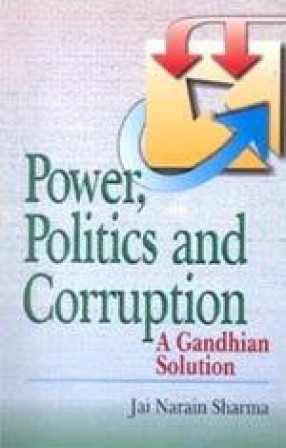
The question of power has assumed particular importance both in the realm of theory and practical politics. With politics turning into a business enterprise – in fact the most flourishing industry which knows no recession or slump – a new breed of political entrepreneur has emerged ready to storm the citadels of power. Almost all the politicians during their own life time groom their own sons and daughters and other close relatives to enter politics. It has ...

The new millennium prompts us to take a hard look at what all has gone by, what is the scenario today and what needs to be changed to meet the new demands of the future. Therefore, the Human Resource function will be to survive, cope and adapt in the turbulent environment along with their primary aim of working for an all round development of our most important resource ‘The Human being’. This book is both managerial and philosophical in orientation. It is ...

Defence Economics is an emotive subject. Its protagonists are merchants of death; it leads to war and great human misery, it uses global resources which could otherwise be utilized for more humanitarian purposes. But the opposite view is equally plausible; defence expenditure preserves liberty and freedom from external aggression and internal instability’ it is an objective indicator of eternal vigilance; it provides deterrence and thus indirectly saves lives ...
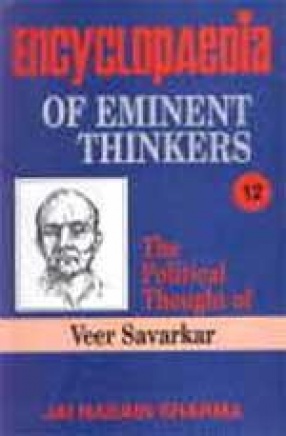
This volume provides new insights into the life and times of Vinayak Damodar Savarkar, better known as Veer Savarkar. Giving a critical analysis of his interpretation of Indian history, it discusses at length his ideology of Hindutva and Hindu Rashtra, his concept of Revolution, and his principle of relative Non-Violence. His role in the Hindu Mahasabha and his contribution towards India's National Movement have also been evaluated.
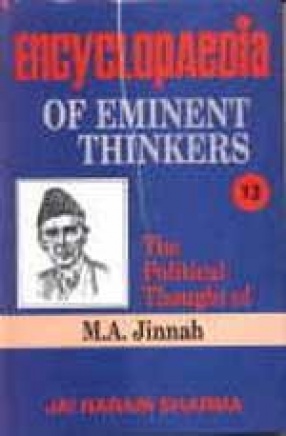
This volume provides rich insights into the life and achievements of Mohammad Ali Jinnah. Going deep into his political life, it discusses in detail his transition from an ambassador of Hindu-Muslim unity to a staunch Muslim leader, his two-nation theory, and his leadership to the Muslim League. It also probes how secular Jinnah was.
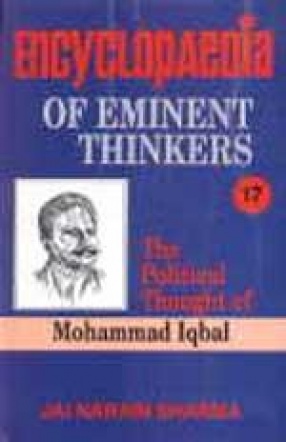
This volume provides deep insights into the multidimensional personality of Mohammad Iqbal--Political philosopher, Islamic scholar and renowned poet. It analyses the metaphysical foundations of his political thought, and traces the development of his political philosophy. Also, it extends discussion on his Pan-Islamism, his Two-Nation Theory and his Doctrine of Personality.
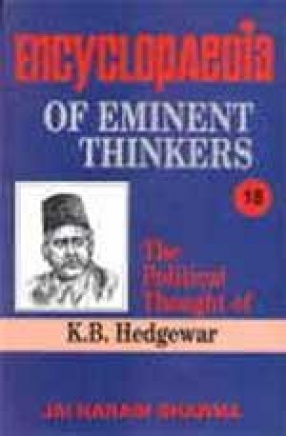
This book presents a critical assessment of K.B. Hedgewar's political thought. Providing rich insights into his life and achievements, it describes his ideology and perception, his concept of Hindutva and Hindu Rashtra, his contribution to National Renaissance, his relations with Mahatma Gandhi and Congress, and his techniques to achieve his objectives. The formation and development of Rashtriya Swayamsevak Sangh (RSS) has also been dealt with elaborately.
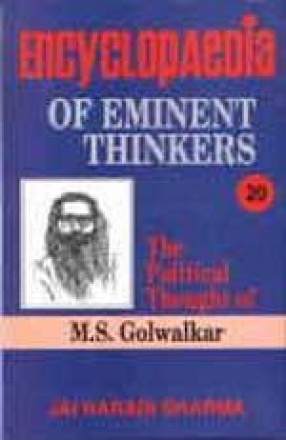
This volume presents a critical evaluation of political ideology of Madhav Sadashiv Golwalkar, popularly known as Guruji. Providing deep insights into his life and achievements, it offers an elaborate discussion on his differential between nation and state, his definition of Rashtra as a geo-cultural concept, and his views on democracy, communism, socialism and secularism. His dialogue on Muslim problem, economic issues, agitations, population problem, religious ...
